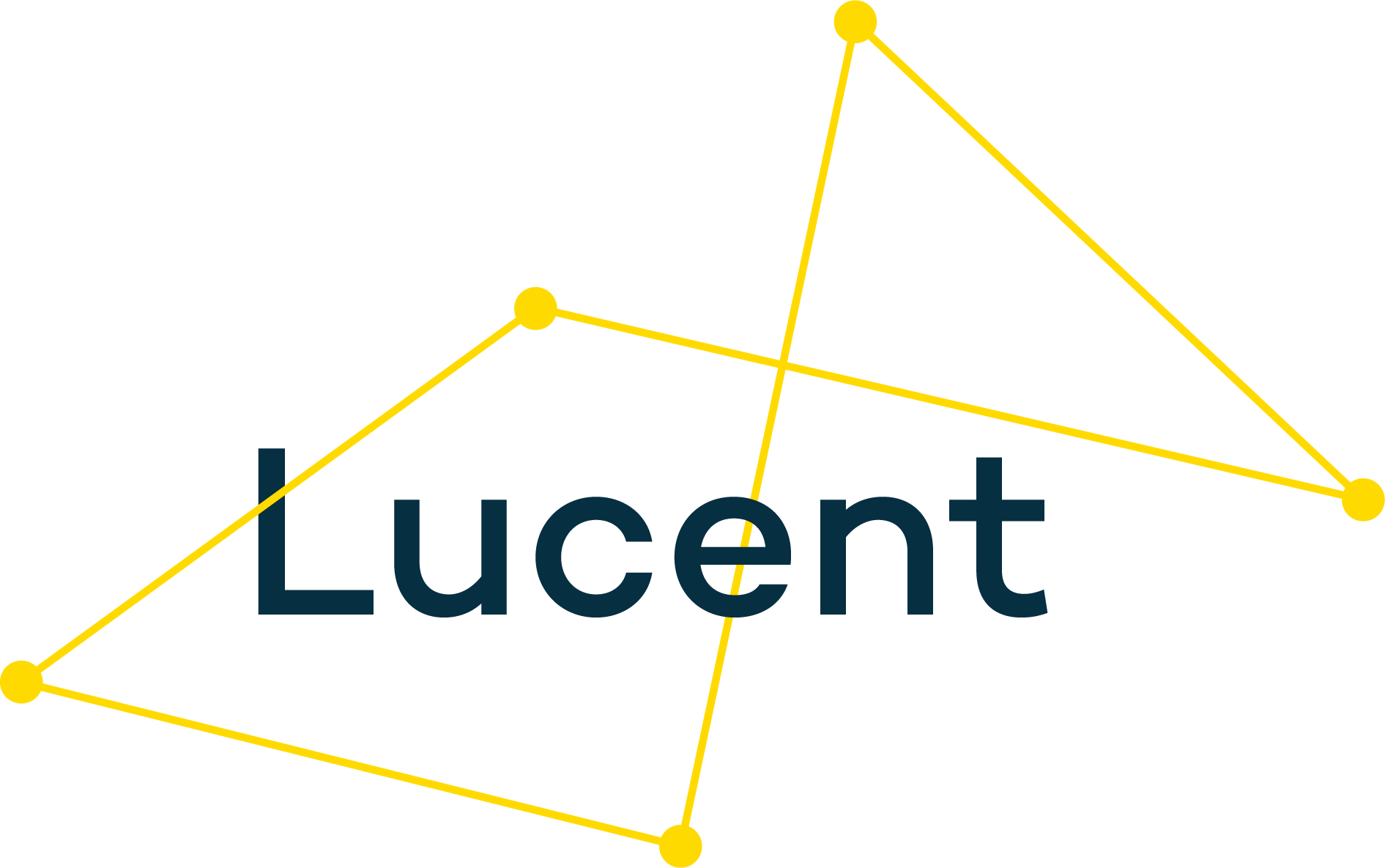Engaging people and making sure both nature and heritage are sustained for future generations. How the National Trust worked with Lucent to shape a strategy that will create lasting impact for the next 50 years.
National Trust
The National Trust’s mission ‘to protect and care for places so people and nature can thrive’ is a serious responsibility, and one which relies on long-term success and growth. Over 130 years, the National Trust has flexed its approach to respond to the unique challenges of each epoch; from navigating the decline of the UK’s country houses and estates in the 50s, to saving Britain’s coastlines in the 70s.
With the development of their next 10-year strategy, the National Trust’s attention is turned towards today’s challenges: the decline in biodiversity, climate change and urbanisation, and changes in how people in the UK spend their free time. As custodians of an organisation that is ‘for everyone, forever’, the leaders of the National Trust recognise that they have a mandate for attracting and inspiring people from all backgrounds and walks of life to care about nature and heritage.
The strategic journey
As part of this strategic process, the National Trust initiated its largest ever consultation, garnering 70,000 responses from members, staff, volunteers, other stakeholders and the general public. The consultation was rich and varied, ranging from market research, to Lucent’s Compass survey, to lively and diverse online communities, to creative exercises that inspired people to explore properties and share their views. With this broad set of inputs, the National Trust developed a deep understanding of the views of the nation and their expectations of the institution, to ensure that the new strategy responded to the needs and priorities of the people the National Trust was set up to serve.
While this ‘canvas of the nation’ was taking shape, the National Trust’s executive team and board started a series of strategic discussions, to consider how the organisation could maximise its impact for the nation over the next 10 years and beyond. Lucent worked closely with Colette Dorward, Director of Strategy Management at the National Trust, and her team to create the right environment for the organisation’s leaders to think afresh about the future.
“Lucent’s sharp facilitation skills and their objectivity was deeply impressive. Everyone thinks they can facilitate, but it’s actually very hard to do well. Katherine and Lakshmi, however, do this really well!”
Creating the right environment
By providing objective facilitation alongside a depth of social purpose-driven experience, Lakshmi and Katherine (Lucent consultants) supported the National Trust’s leadership to guide them through the strategy process – navigating the complexities that come with an organisation of this size, breadth and history.
“We’re a big old ship with a lot of complexity; not dissimilar to a large corporate organisation”, Colette explains, “and somehow Lucent grasped the size of the task expertly. They were sensitive to our social purpose, and their ability to bridge these two worlds made them the right partner for us.
“Quality of thought is key with something like this. When you get the right conditions, the strategic thinking flows quickly, and logic and creativity can flourish hand in hand. Lucent were expert at creating those conditions – it really would have been hard for us to do this without them.”
With the foundations set, the National Trust are now finalising the strategy, ready for a 2025 launch.
The Outcome
Speaking of the process, Colette has given the following advice to others in her shoes:
Be really clear about your process and stick to it. Trust it. See it through.
Prepare the ground with your top team. Getting everyone into the right head space is so important. Lucent were experts at helping us to create that environment – we would have found this really hard without them.
Involve and engage your people; reach out to them and use this as an opportunity to engage everyone in what you’re trying to do. What’s nicer than being asked ‘where should we go on the future?’ as a volunteer or a staff member? Get your ears open! Listen!
Don’t get stuck in your own world. Force it open and welcome external perspectives as these will challenge your thinking and help you look at old problems in new ways.
Keep it simple. Don’t over-complicate things. Have confidence in your own knowledge and unique capabilities.
Have a process. This is more than getting your people together and having a brainstorm; you need a process to work through, iterate, test, challenge and explore.
If you need support creating the right environment for your leadership teams to come up with their best ideas, let us know. We'd love to support you on your journey.





